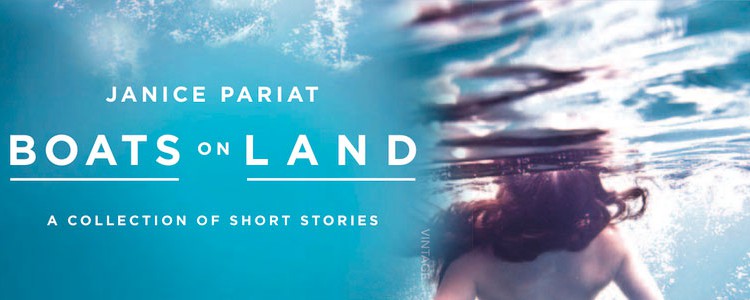
I have just finished reading Clifton Bridge by Irshad Abdul Kadir. I loved it! I suspect it is years of engagement as a lawyer, observing people, listening to stories, imbibing them that have been used in writing these stories. The words are just enough, not more, not less. Even the social climbing, ambitious Punjabi mother, Shabnam is only heard on a couple of occasions, but the Punjabi-English intonation is perfect. ( ‘Tariq, you’re talking about, he’s having tuition for final paper,’ Shabana explained….) And later when she is screeching hysterically, “yes, yes” on behalf of her daughter, Farah, at the nikah, her crudity, her desperation at improving her social status by marrying her daughter into the governor’s family (even though her husband is obscenely rich) are exposed so well.
Obviously listening to many stories over the years as a lawyer, also being a civil rights activist and a theatre critic have helped coalesce many skills into writing these eleven stories. There is a sharpness in the etching, there is a sensitivity in telling the tale from the point of view of the main characters and yet, always the shocking realisation that reality is cruel, life and its circumstances are ephemeral. It does not matter if it the family is the poorest of the poor like that of Jumma, Rano and Peeru in the title story, “Clifton Bridge” or that of the feudal lord, Malik Aslam and his Begum, the steps that the men take “all necessary steps to preserve order”. For Jumma it is selling off Bilal to a known paedophile, lusting after and nearly raping his “daughter” Noori ( “a dusky, dark-haired childwoman ripening early in the season”) and having no qualms about selling of the youngest child, Zeebu’s kidney for a decent pile of money. Similarly, Malik Aslam allows his Begum to keep Chumpa, an orphan in their home, as a companion-cum-housekeeper to assist her “in the tedious functions expected of jagirdanis”. Also the Begum genuinely believes her husband when he “promised my father, we would continue living like your liberal ancestors in the Raj…and…and…give a wide berth to the sick segregated lifestyle being foisted on us.” So she is horrified many years later when he summarily dismisses Chumpa from their service for no fault of her own, save that he did not want their household name sullied by rumours of an attempted rape by his prospective son-in-law. Malik Aslam’s explanation for the dismissal of Chumpa — “For being in the wrong place at the wrong time…for disturbing the order of our lives.”
This is a collection of stories that shows the rich and poor in unexpected hues–sure the feudal lords exist, just as the corrupt bureaucrats are a reality too. So is the fact that a mujahid has a child by a Christian lover and a globetrotting professor tries to cope with cultural and ideological barriers. I liked the powerful women characters. It could be the co-wives of Daud, a man with a roving eye; Chumpa the maid of the “big house”, Meher, widow, who opts to live alone with three daughters or even Sultana who becomes a world renowned singer, after her marriage. I enjoyed reading these stories. They present Pakistan as more than just the typical image of the country—seen as a hotbed of civil unrest, corruption and conservative mindsets. I hope Irshad Abdul Kadir does well.
13 April 2013
Irshad Abdul Kadir Clifton Bridge HarperCollins India Original, Pb. Rs. 299.
 Three collection of short stories by three different publishers — Walker Books, Hot Key Books and Bloomsbury — that I have thoroughly enjoyed in recent weeks are on steampunk fiction, the fantastic and unnatural creatures and witch stories. I have absolutely loved the collections. Taken my own sweet time to read them, dip into them and enjoyed the stories tremendously. Read them if you can.
Three collection of short stories by three different publishers — Walker Books, Hot Key Books and Bloomsbury — that I have thoroughly enjoyed in recent weeks are on steampunk fiction, the fantastic and unnatural creatures and witch stories. I have absolutely loved the collections. Taken my own sweet time to read them, dip into them and enjoyed the stories tremendously. Read them if you can. 








